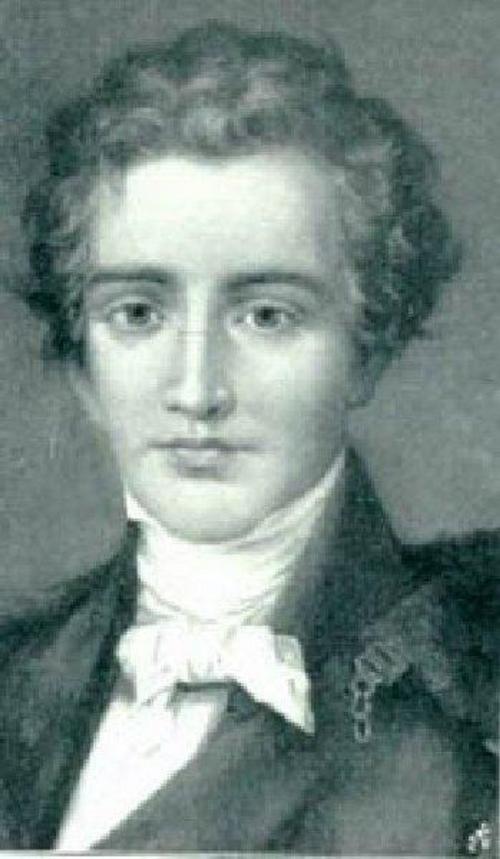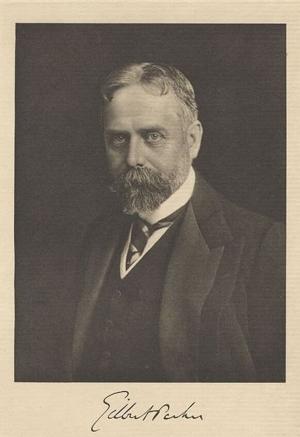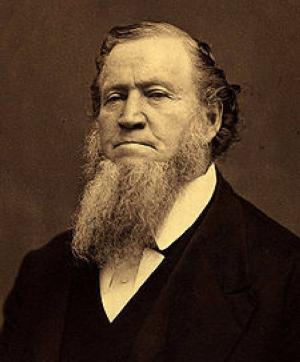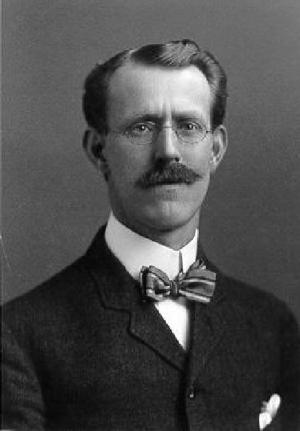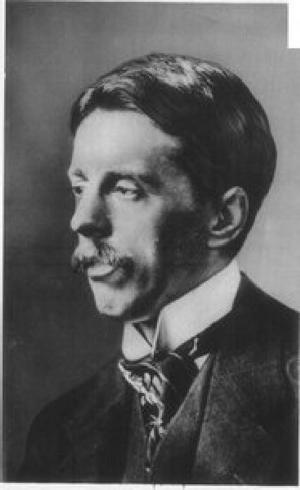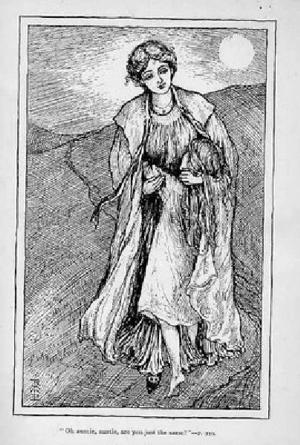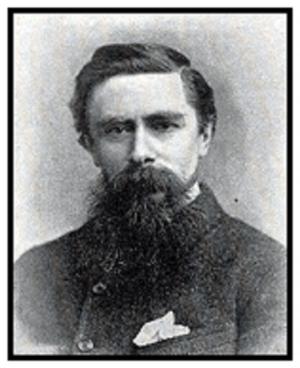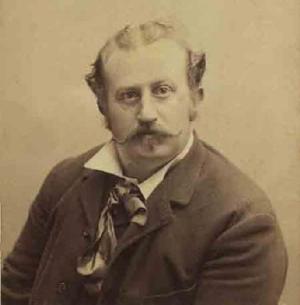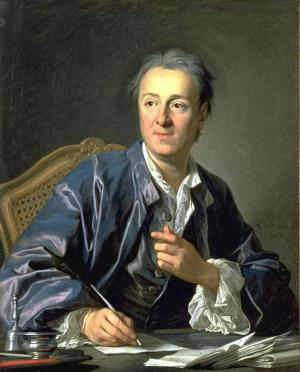Lichtenstein
Nonfiction, Reference & Language, Foreign Languages, German, Fiction & Literature, Classics| Author: | Wilhelm Hauff | ISBN: | 9781455401932 |
| Publisher: | B&R Samizdat Express | Publication: | December 15, 2009 |
| Imprint: | Language: | German |
| Author: | Wilhelm Hauff |
| ISBN: | 9781455401932 |
| Publisher: | B&R Samizdat Express |
| Publication: | December 15, 2009 |
| Imprint: | |
| Language: | German |
Classic novel, in the original German. According to Wikipedia: "Wilhelm Hauff (November 29, 1802 November 18, 1827) was a German poet and novelist... Considering his brief life, Hauff was an extraordinarily prolific writer. The freshness and originality of his talent, his inventiveness, and his genial humour have won him a high place among the southern German prose writers of the early nineteenth century... Meanwhile, inspired by Sir Walter Scott's novels, Hauff wrote the historical romance Lichtenstein: Romantische Sage aus der wuerttembergischen Geschichte (Lichtenstein: Romantic Saga from the History of Württemberg) (1826), which became hugely popular in Germany and especially in Swabia, treating as it did the most interesting period in the history of that country, the reign of Duke Ulrich (14871550). This novel was the inspiration for Duke Ulrich's heir, Duke Wilhelm of Urach, to rebuild the castle, which had fallen into disrepair, in accordance with Hauff's description."
Classic novel, in the original German. According to Wikipedia: "Wilhelm Hauff (November 29, 1802 November 18, 1827) was a German poet and novelist... Considering his brief life, Hauff was an extraordinarily prolific writer. The freshness and originality of his talent, his inventiveness, and his genial humour have won him a high place among the southern German prose writers of the early nineteenth century... Meanwhile, inspired by Sir Walter Scott's novels, Hauff wrote the historical romance Lichtenstein: Romantische Sage aus der wuerttembergischen Geschichte (Lichtenstein: Romantic Saga from the History of Württemberg) (1826), which became hugely popular in Germany and especially in Swabia, treating as it did the most interesting period in the history of that country, the reign of Duke Ulrich (14871550). This novel was the inspiration for Duke Ulrich's heir, Duke Wilhelm of Urach, to rebuild the castle, which had fallen into disrepair, in accordance with Hauff's description."
